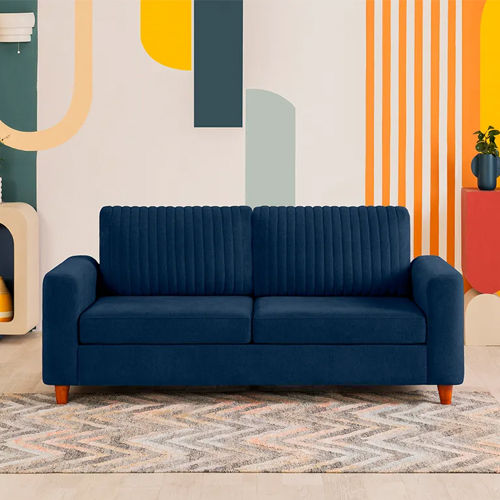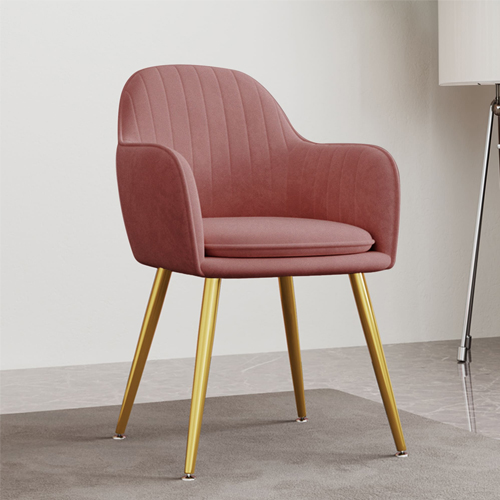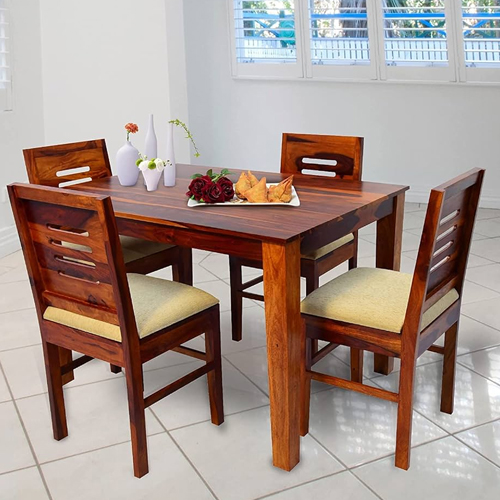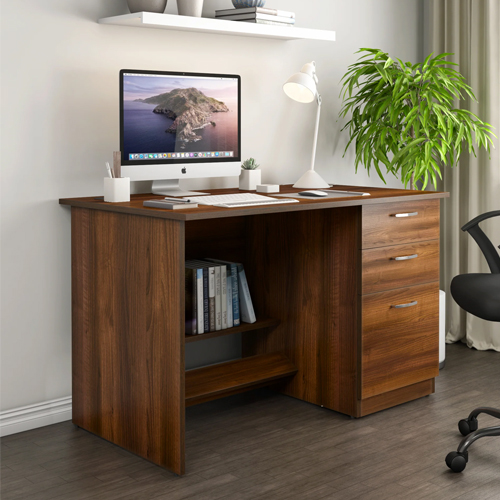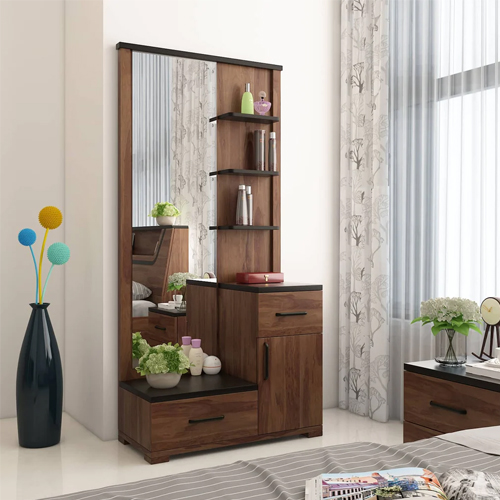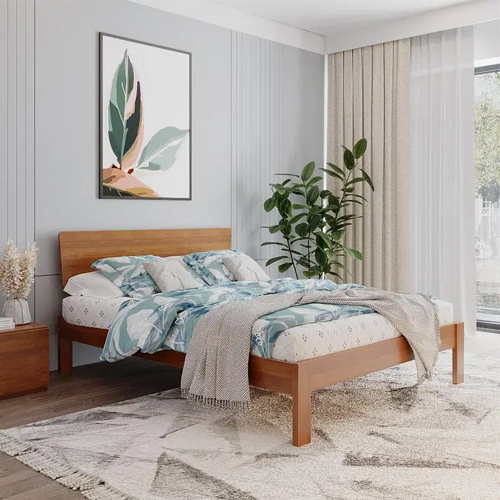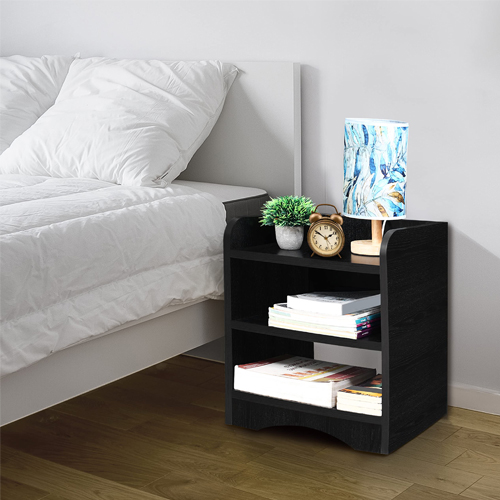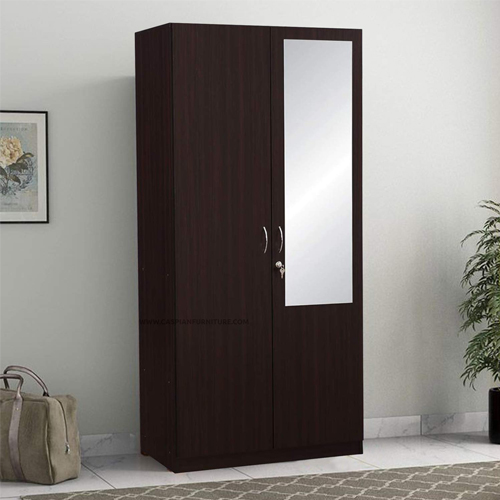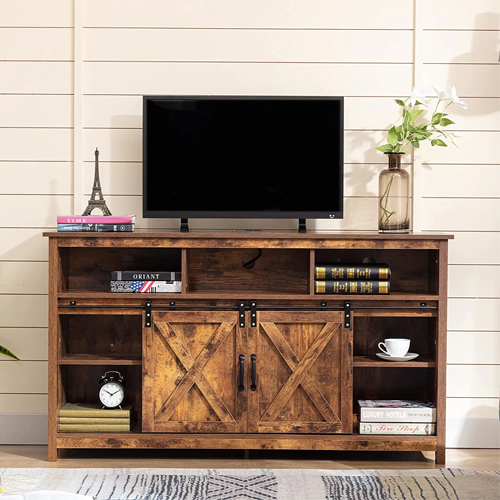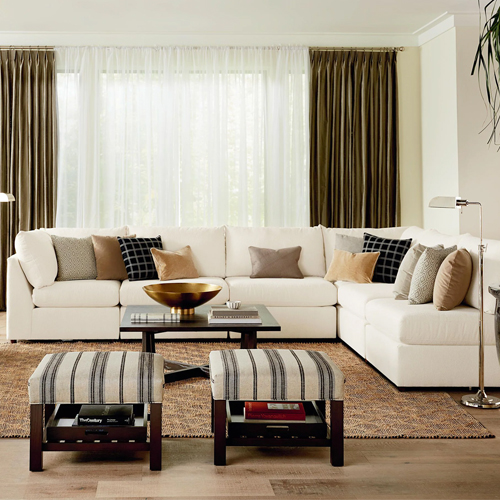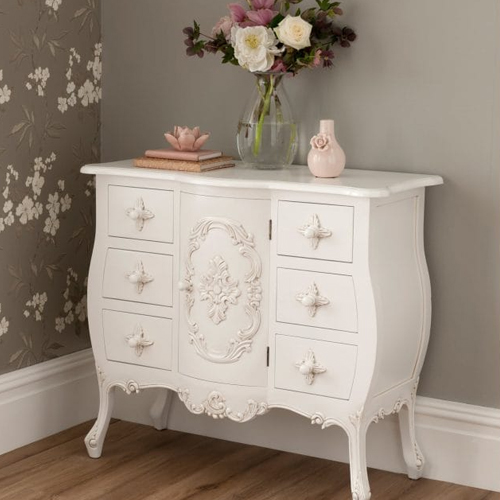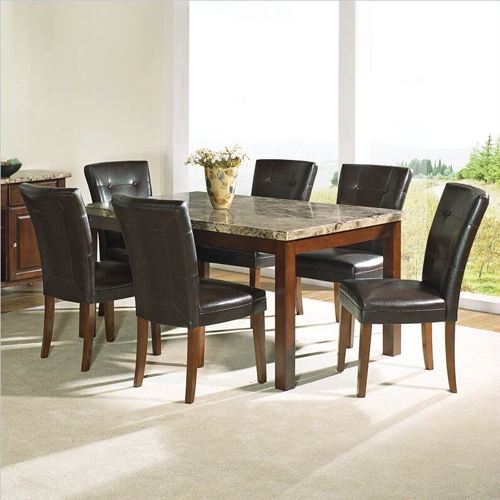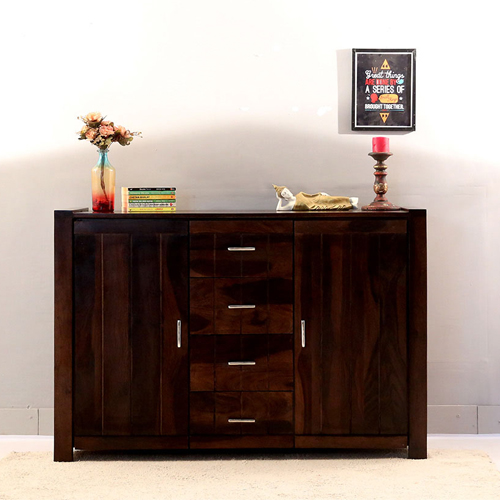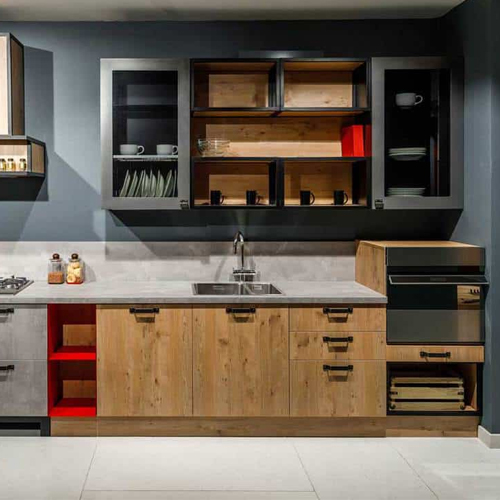
Type Of Kitchen Furniture
Kitchen furniture plays a significant role in both functionality and aesthetics within the space. Here are various types of kitchen furniture commonly found in kitchens:
-
Kitchen Cabinets: Essential for storage, these cabinets come in different configurations, including base cabinets, wall cabinets, pantry cabinets, and tall cabinets. They store cookware, dishes, food items, and kitchen essentials.
-
Kitchen Islands: Freestanding or built-in structures providing extra counter space, storage, and often seating options. They can incorporate sinks, cooktops, or additional shelving.
-
Dining Tables or Breakfast Nooks: Provide space for dining within the kitchen area, offering options for casual meals or gathering spots. Breakfast nooks often feature benches or built-in seating.
-
Kitchen Carts or Trolleys: Portable units with wheels, offering extra storage, work surface, or serving space. They can include shelves, drawers, and sometimes wine racks or towel bars.
-
Kitchen Hutches or Buffets: Combining storage and display, these furniture pieces often have cabinets, drawers, and open shelves for storing and showcasing tableware, dishes, or decorative items.
-
Bar Stools or Counter Stools: Used for seating at kitchen islands, counters, or bars, available in various heights, styles, and materials to match the kitchen decor.
-
Kitchen Benches: Provide flexible seating options, often placed against walls or islands, suitable for casual dining or as a complement to a breakfast nook.
-
Baker's Racks: Feature multiple shelves for storage or display, often used to store cookbooks, small appliances, or decorative items.
-
Kitchen Desks: Small workstations integrated into the kitchen space, providing a dedicated area for meal planning, organizing recipes, or using a computer.
-
Wine Racks or Cabinets: Specifically designed for storing wine bottles, available in various sizes and styles to suit different kitchen layouts and aesthetics.
-
Kitchen Cabinets:
- Kitchen cabinets are essential for storage and organization. They come in various styles, materials, and configurations, including base cabinets, wall cabinets, and tall cabinets.
-
Kitchen Islands:
- Kitchen islands provide additional workspace and storage. They often feature countertops for food preparation, drawers, shelves, and sometimes seating.
-
Kitchen Tables:
- Kitchen tables are typically smaller than dining tables and are used for casual dining or additional workspace. They come in various shapes, including round, square, and rectangular.
-
Dining Chairs or Stools:
- Chairs or stools are used for seating at kitchen tables, islands, or countertops. They come in different styles, including bar stools, counter stools, and dining chairs.
-
Dining Sets:
- Dining sets include a combination of a table and matching chairs. They are a cohesive solution for creating a dining area in the kitchen.
-
Pantry Cabinets:
- Pantry cabinets provide additional storage for dry goods, canned goods, and kitchen essentials. They may feature shelves, pull-out trays, or baskets.
-
Baker's Racks:
- Baker's racks are multi-tiered shelving units that can be used for storage, display, and sometimes as a workstation for food preparation.
-
Hutches and Buffets:
- Hutches and buffets offer a combination of storage and display space. They often have cabinets, drawers, and open shelves.
-
Kitchen Carts:
- Kitchen carts are mobile units with wheels, providing additional storage and workspace. They can be moved around for convenience.
-
Wine Racks:
- Wine racks are designed to store and display wine bottles. They come in various styles, including countertop, wall-mounted, and floor-standing options.
-
Breakfast Nooks:
- Breakfast nooks are cozy seating areas typically located near the kitchen. They often include built-in benches or banquettes with a table.
-
Kitchen Hutches:
- Kitchen hutches are similar to buffets but often have a more decorative and traditional design. They may include glass doors for displaying dishes.
-
Kitchen Desks:
- Some kitchens feature a desk area for tasks such as meal planning, recipe organization, or as a small home office space.
-
Display Cabinets:
- Display cabinets are designed to showcase dishes, glassware, or decorative items. They often have glass doors and may be freestanding or built into the kitchen cabinetry.
-
Microwave Stands:
- Microwave stands provide a designated space for the microwave, often with additional storage for kitchen essentials.
-
Pot Racks:
- Pot racks are ceiling-mounted or wall-mounted structures designed to hang and store pots and pans, freeing up cabinet space.
-
Under-Cabinet Lighting:
- While not a traditional piece of furniture, under-cabinet lighting enhances the functionality and ambiance of the kitchen.
When choosing kitchen furniture, consider the available space, your storage needs, and the overall design aesthetic you want to achieve. Mixing and matching different pieces can create a functional and visually appealing kitchen.
-
Kitchen Cabinets:
Kitchen cabinets are essential for storage and organization. They come in various styles, materials, and configurations, including base cabinets, wall cabinets, and tallcabinets. -
Kitchen Islands:
Kitchen islands provide additional workspace and storage. They often feature countertops for food preparation, drawers, shelves, and sometimes seating. -
Kitchen Tables:
Kitchen tables are typically smaller than dining tables and are used for casual dining or additional workspace. They come in various shapes, including round, square, and rectangular. -
Dining Chairs or Stools:
Chairs or stools are used for seating at kitchen tables, islands, or countertops. They come in different styles, including bar stools, counter stools, and dining chairs. -
Dining Sets:
Dining sets include a combination of a table and matching chairs. They are a cohesive solution for creating a dining area in the kitchen. -
Pantry Cabinets:
Pantry cabinets provide additional storage for dry goods, canned goods, and kitchen essentials. They may feature shelves, pull-out trays, or baskets. -
Baker's Racks:
Baker's racks are multi-tiered shelving units that can be used for storage, display, and sometimes as a workstation for food preparation. -
Hutches and Buffets:
Hutches and buffets offer a combination of storage and display space. They often have cabinets, drawers, and open shelves. -
Kitchen Carts:
Kitchen carts are mobile units with wheels, providing additional storage and workspace. They can be moved around for convenience. -
Wine Racks:
Wine racks are designed to store and display wine bottles. They come in various styles, including countertop, wall-mounted, and floor-standing options. -
Breakfast Nooks:
Breakfast nooks are cozy seating areas typically located near the kitchen. They often include built-in benches or banquettes with a table. -
Kitchen Hutches:
Kitchen hutches are similar to buffets but often have a more decorative and traditional design. They may include glass doors for displaying dishes. -
Kitchen Desks:
Some kitchens feature a desk area for tasks such as meal planning, recipe organization, or as a small home office space. -
Display Cabinets:
Display cabinets are designed to showcase dishes, glassware, or decorative items. They often have glass doors and may be freestanding or built into the kitchen cabinetry. -
Microwave Stands:
Microwave stands provide a designated space for the microwave, often with additional storage for kitchen essentials. -
Pot Racks:
Pot racks are ceiling-mounted or wall-mounted structures designed to hang and store pots and pans, freeing up cabinet space. -
Under-Cabinet Lighting:
While not a traditional piece of furniture, under-cabinet lighting enhances the functionality and ambiance of the kitchen.
When choosing kitchen furniture, consider the available space, your storage needs, and the overall design aesthetic you want to achieve. Mixing and matching different pieces can create a functional and visually appealing kitchen
